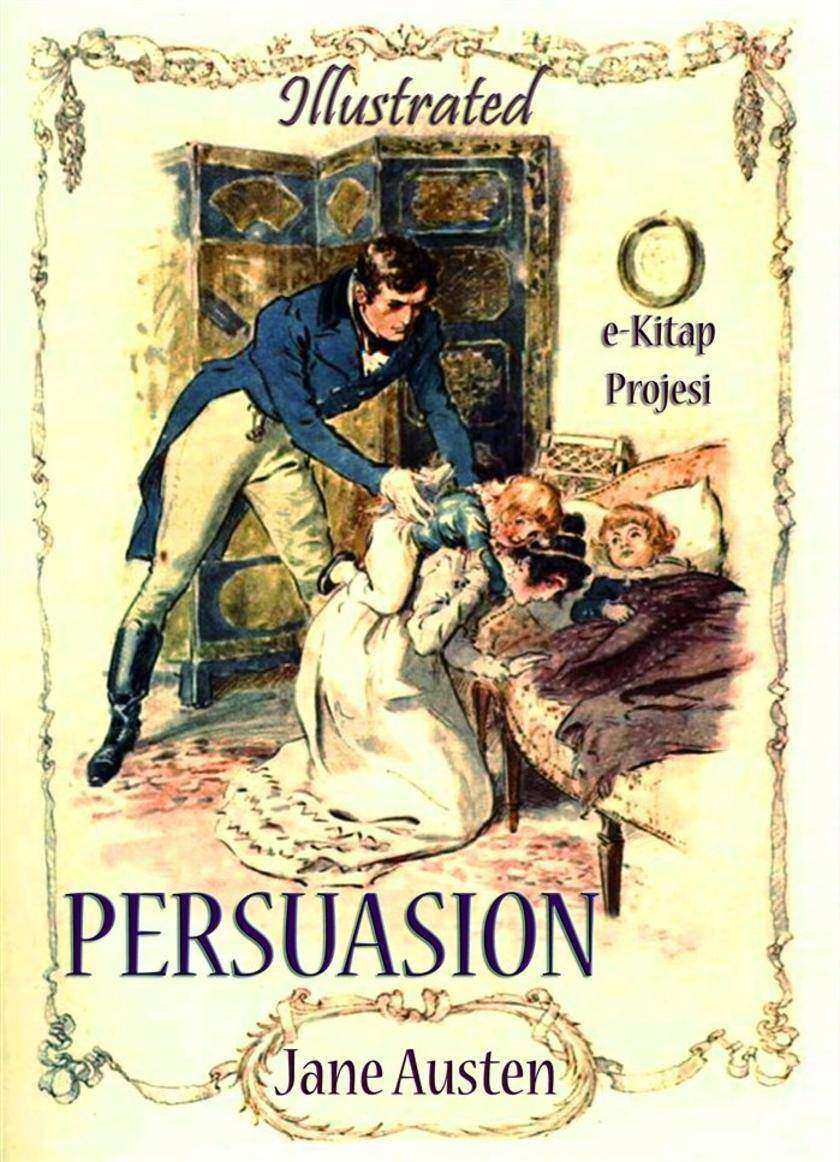
Persuasion
¥18.74
Holmes decodes a warning from Porlock, an informant against arch-criminal Moriarty, for "Douglas" resident five years at "Birlstone". Scotland Yard's MacDonald asks them to investigate a corpse with the same look and circle-in-triangle brand on the forearm as Birlstone owner Douglas. The head was blown off by an American-style sawed-off shotgun. Apparently, an intruder dropped a card with VV341, and left across a shallow moat. Watson observes the bereaved English wife and best male friend in unusually good spirits. When Holmes pretends the moat will be drained, the conspirators retrieve a missing dumb-bell weighting down the visitor's clothes beneath the water. Douglas comes from hiding, to explain he killed the assassin Baldwin in self-defence; the plan was to save him from more attacks by criminal survivors of Vermissa Valley. He hands Dr. Watson the following account. Young McMurdo gains reputation as tough counterfeiter, Freemen Lodge member fleeing murder charges in Chicago. In the Vermissa coal mine area, McGinty rules Scowrers branded by a circle in square, the local Lodge 341 who extort, murder, and exchange vicious deeds with nearby Lodges. Pretty Ettie prefers McMurdo to nasty Baldwin, and wants to flee, but will wait some months. When word comes that Pinkerton sent Edwards, McMurdo gathers ringleaders in one room, and springs his trap on them, surrounded by the law. Although the worst were hanged, after ten years, villains were freed, and chased McMurdo-Edwards-Douglas, despite changes of name, location, and wife. He married Ettie, then she died in California, where he made a fortune. The Valley of Fear, notable for Professor Moriarty's involvement, is set before "The Final Problem", the short story in which Moriarty was introduced. This introduces a logical difficulty, as in "The Final Problem" Dr. Watson has never heard of Moriarty, whereas by the end of The Valley Of Fear he is, or should be, familiar with his name and character. The "Moriarty" element in the story is tied into the fate of the informer in the story. It ties the Molly Maguire background to another event of that period: the murder of James Carey, an informer who was shot on board a ship off the coast of Natal, South Africa in 1883 by Patrick O'Donnell, an Irish republican who had relatives in the Mollies and briefly visited the Pennsylvania coal mining district, supposedly looking for the suspected informer among them.

The Drone
¥7.93
Valahol ebben a hatalmas, csodálatos szigetvilágban egy kis hajó kereskedik, felh?ket keres, levadássza ?ket, kondenzálja, aztán eladja a vizet. Van egy lány a fedélzeten, akinek szénfekete a haja, gy?ny?r? barna a b?re, és két mély heg fut a szeme alól a szájáig. Az ember azt hinné, a hegt?l kevésbé szép, de nem. S?t még szebbé és titokzatosabbá teszi… Christien világában szinte alig van víz. Nincsenek sem óceánok, sem kontinensek, csak sok ezer leveg?ben lebeg? sziget. Utazni és világot látni csak a legbátrabbak mernek. ?k a felh?vadászok. Alex Shearer Skócia északi részén, Wickben született. Pályáját forgatók?nyvíróként kezdte, majd gyerekk?nyvszerz?ként vált még ismertebbé. Regényeib?l filmek és tévésorozatok készültek. K?nyveit t?bb nyelvre lefordították.
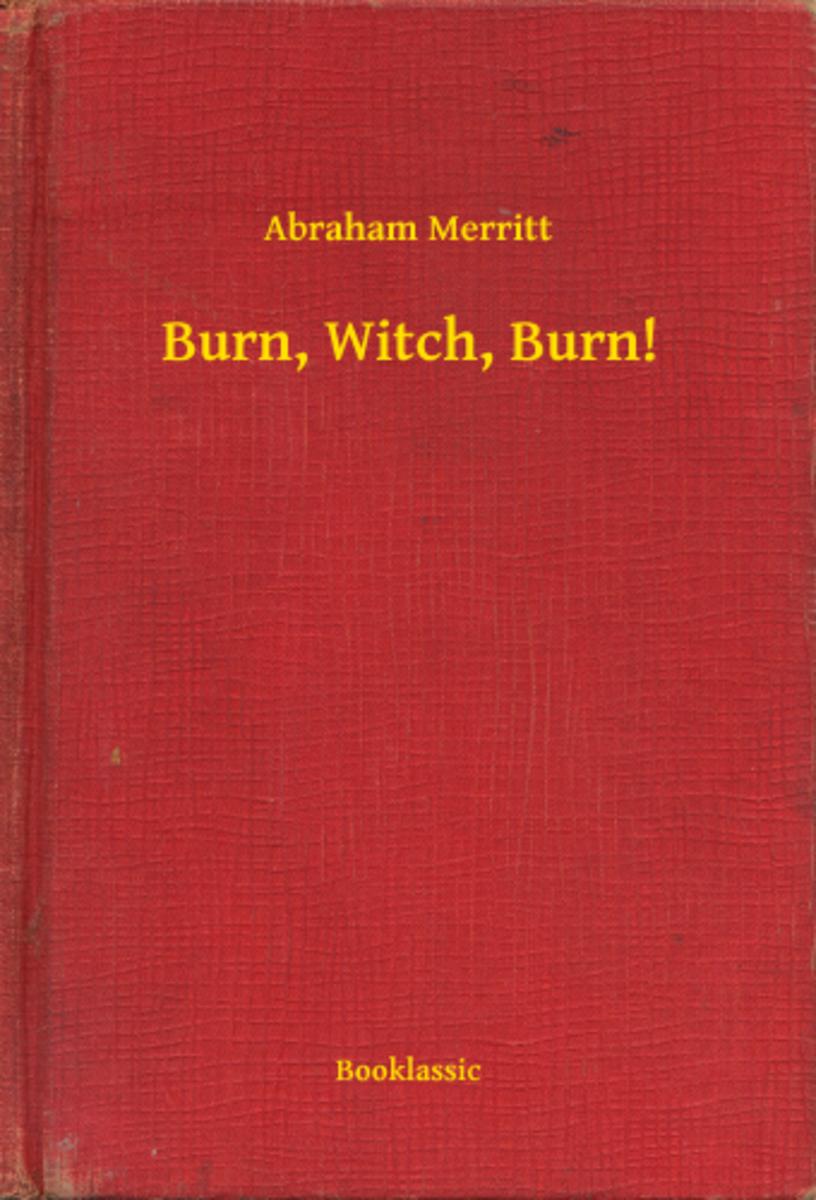
Burn, Witch, Burn!
¥7.93
Theodora, a fürge és eleven esz? matróna, bosszúsan tapasztalja, hogy családja elviselhetetlen agyatlanok gyülekezetévé vált. Amikor az ünnepekre végre ?sszetereli az egész civakodó bagázst, sóvárogva gondol gyerekkora szertelen és meghitt karácsonyaira. Mennyire hiányzik az otthon süt?tt-f?z?tt finomságok alatt roskadozó asztal, a pazarlón hóbortos díszítések, a kandalló melletti csodálatos beszélgetések nagyanyja szeretett házvezet?n?jével és bizalmasával, Pearllel. Hova lett mára a szeretet, az ?r?m…és a békesség?De Theodora elhatározza, hogy megismerteti családjával a varázslatos karácsonyt…Mert van valaki, aki ismeri Theodora vágyait, és teli zsebbel, szívében a dél-karolinai partvidék egykori rabszolgáinak varázslatával és annyi józansággal érkezik hozzá, ami elég, hogy a karácsonyt olyan csodává varázsolja, amilyennek lennie kell.Mindek?zben csodálatos recepteket ismerhetünk meg, hiszen a regény a gasztro-irodalom remeke.?Fanyar és tiszteletlen mese…jószív? és nagyon jó kedély?” – Boston Globe

The Adventure Girls at K Bar O
¥9.24
Though flattered by imitators galore Miss Potter's work stands supreme. Her many picture stories should be among the first books owned by children.Cecily Parsley lived in a pen,And brewed good ale for gentlemen; Gentlemen came every day,Till Cecily Parsley ran away.

The Devil in Britain and America
¥28.04
I hope that some readers may possibly be interested in these little tales of the Napoleonic soldiers to the extent of following them up to the springs from which they flow. The age was rich in military material, some of it the most human and the most picturesque that I have ever read. Setting aside historical works or the biographies of the leaders there is a mass of evidence written by the actual fighting men them-selves, which describes their feelings and their experiences, stated always from the point of view of the particular branch of the service to which they belonged. The Cavalry were particularly happy in their writers of memoirs. Thus De Rocca in his "Memoires sur la guerre des Francais en Espagne" has given the narrative of a Hussar, while De Naylies in his "Memoires sur la guerre d'Espagne" gives the same campaigns from the point of view of the Dragoon. Then we have the "Souvenirs Militaires du Colonel de Gonneville," which treats a series of wars, including that of Spain, as seen from under the steel-brimmed hair-crested helmet of a Cuirassier. Pre-eminent among all these works, and among all military memoirs, are the famous reminiscences of Marbot, which can be obtained in an English form. Marbot was a Chasseur, so again we obtain the Cavalry point of view. Among other books which help one to an understanding of the Napoleonic soldier I would specially recommend "Les Cahiers du Capitaine Coignet," which treat the wars from the point of view of the private of the Guards, and "Les Memoires du Sergeant Bourgoyne," who was a non-commissioned officer in the same corps. The Journal of Sergeant Fricasse and the Recollections of de Fezenac and of de Segur complete the materials from which I have worked in my endeavour to give a true historical and military atmosphere to an imaginary figure. ARTHUR CONAN DOYLE. "I have seen a great many cities, my friends. I would not dare to tell you how many I have entered as a conqueror with eight hundred of my little fighting devils clanking and jingling behind me. The cavalry were in front of the Grande Armee, and the Hussars of Conflans were in front of the cavalry, and I was in front of the Hussars. But of all the cities which we visited Venice is the most ill-built and ridiculous. I can-not imagine how the people who laid it out thought that the cavalry could manoeuvre. It would puzzle Murat or Lassalle to bring a squad-ron into that square of theirs. For this reason we left Kellermann's heavy brigade and also my own Hussars at Padua on the mainland. But Suchet with the infantry held the town, and he had chosen me as his aide-de-camp for that winter, because he was pleased about the affair of the Italian fencing-master at Milan. The fellow was a good swordsman, and it was fortunate for the credit of French arms that it was I who was opposed to him. Besides, he deserved a lesson, for if one does not like a prima donna's singing one can always be silent, but it is intolerable that a public affront should be put upon a pretty woman. So the sympathy was all with me, and after the affair had blown over and the man's widow had been pensioned Suchet chose me as his own galloper, and I followed him to Venice, where I had the strange adventure which I am about to tell you. You have not been to Venice? No, for it is seldom that the French travel. We were great travellers in those days. From Moscow to Cairo we had travelled everywhere, but we went in larger parties than were convenient to those whom we visited, and we carried our passports in our limbers. It will be a bad day for Europe when the French start trav-elling again, for they are slow to leave their homes, but when they have done so no one can say how far they will go if they have a guide like our little man to point out the way. But the great days are gone and the great men are dead, and here am I, the last of them, drinking wine of Suresnes and telling old tales in a cafe.But it is of Venice that I would speak."
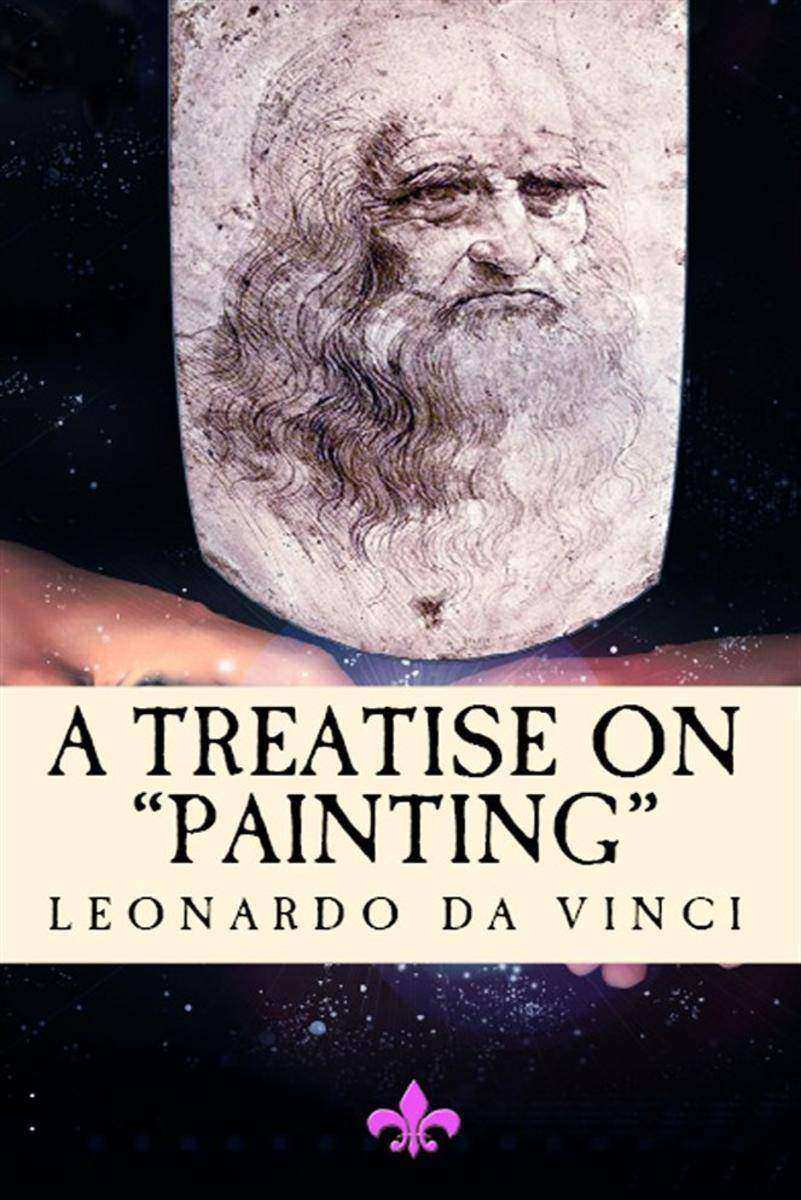
A Treatise on Painting: "Translated from the Original Italian"
¥36.54
Tickets, Please!' was written in the year 1919 by David Herbert Lawrence. This book is one of the most popular novels of David Herbert Lawrence, and has been translated into several other languages around the world.This book is published by Booklassic which brings young readers closer to classic literature globally.

A pokol angyala: Egy beépített ügyn?k megrázó t?rténete a Hells Angels motorosba
¥68.83
Володар Пул?тцер?всько? прем??! З дитинства натренований бачити в темряв? тунел?в, Чон До — син начальника табору для сир?т, здатен ? в житт?, що його оточу?, роздивитися б?льше за ?нших. Темрява для нього — це несвобода, це кра?на, де голод ма? смак кв?т?в, де швидка смерть ста? проявом найб?льшо? любов? до р?дних — заради порятунку ?х в?д жаху табор?в, — де держава зам?сть прав для вс?х дару? певн? прив?ле? обраним, називаючи себе найпрогресивн?шою демократ??ю у св?т?. Але й у суц?льному мороц? ? м?сце коханню ? самопожертв?, дружб? ? чест?. Темн?ше за все — перед св?танком... Volodar Pul?tcer?vs'ko? prem??! Z ditinstva natrenovanij bachiti v temrjav? tunel?v, Chon Do — sin nachal'nika taboru dlja sir?t, zdaten ? v zhitt?, shho jogo otochu?, rozdivitisja b?l'she za ?nshih. Temrjava dlja n'ogo — ce nesvoboda, ce kra?na, de golod ma? smak kv?t?v, de shvidka smert' sta? projavom najb?l'sho? ljubov? do r?dnih — zaradi porjatunku ?h v?d zhahu tabor?v, — de derzhava zam?st' prav dlja vs?h daru? pevn? priv?le? obranim, nazivajuchi sebe najprogresivn?shoju demokrat??ju u sv?t?. Ale j u suc?l'nomu moroc? ? m?sce kohannju ? samopozhertv?, druzhb? ? chest?. Temn?she za vse — pered sv?tankom...

Famous European Artists
¥23.30
The Wintry Peacock was written in the year 1921 by David Herbert Lawrence. This book is one of the most popular novels of David Herbert Lawrence, and has been translated into several other languages around the world.This book is published by Booklassic which brings young readers closer to classic literature globally.
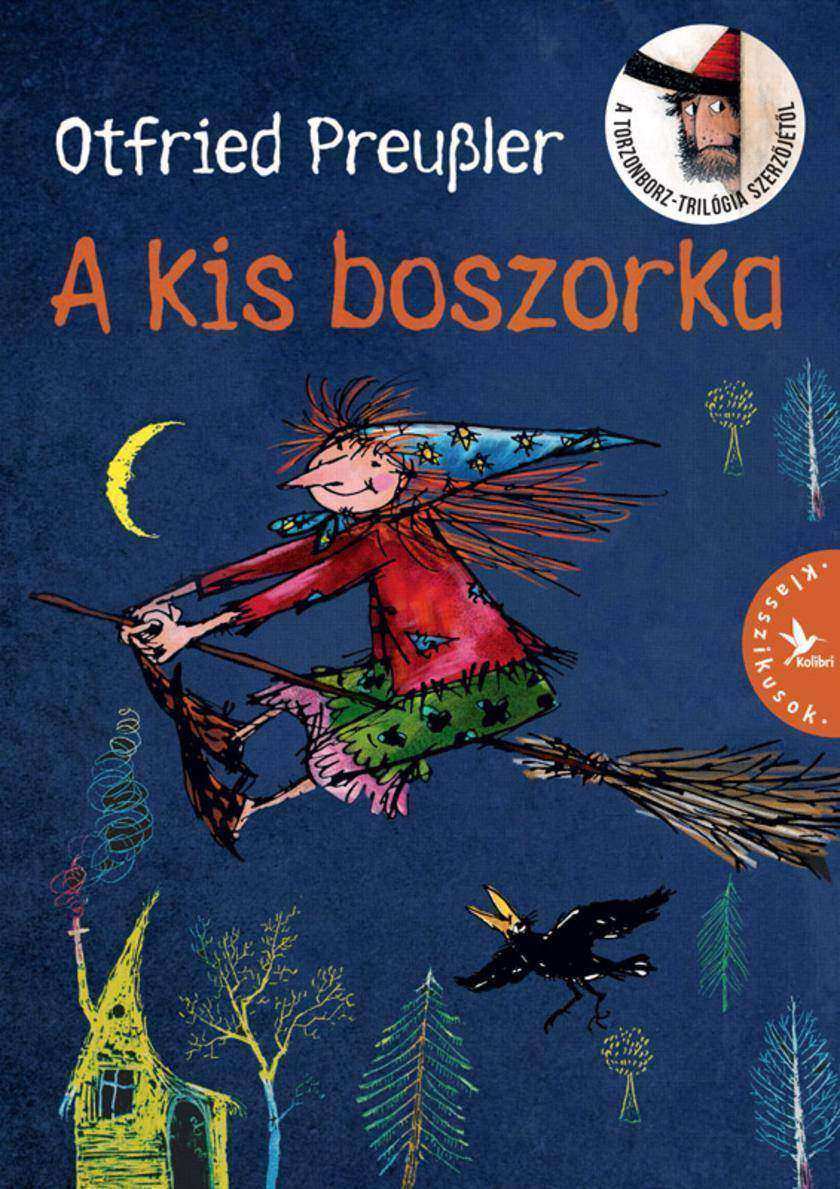
A kis boszorka
¥57.14
William R. Forstchen trilógiájának harmadik k?tete az Egy másodperccel kés?bb és az Egy évvel kés?bb New York Times bestseller regényeinek nyomán, újból az amerikai nemzet élet-halál küzdelmét tárja elénk. Az áramellátó hálózatot megsemmisít? elektromágneses csapás (EMP) óta a túlél?k k?zel teljes s?tétségben, az éhezés és a terror árnyékában próbálják újjáépíteni egykor virágzó országukat. Az ?njel?lt kormányer?k ellenében aratott gy?zelem után John Matherson és k?z?ssége az EMP-támadás k?vetkeztében elveszett technológiák és a k?zrend helyreállításán munkálkodik, a kormány azonban váratlan bejelentést tesz: fontos régiókat enged át véglegesen a kínai és mexikói megszállóknak. Az alkotmány nincs érvényben t?bbé, a hivatásos hadsereg még bevethet? csapatait pedig a megmaradt államokban dúló bels? lázadások leverésére vezénylik. John váratlanul egykori parancsnokával és legk?zelebbi barátjával, Bob Scales tábornokkal találja szemben magát. Vajon Scales tábornok is aggályok nélkül teljesíti a kormány parancsait vagy az újból egyesített amerikai nemzetért vívott küzdelem kulcsfontosságú alakjává válik? Lehetséges, hogy a szabadságjogokat folyamatosan kurtító és saját szuverenitását áruba bocsátó kormány éppen azt kapja majd, amit?l a legjobban retteg: egy valódi forradalmat?A trilógia els? részét az amerikai Kongresszus folyosóin már megjelenése el?tt úgy emlegették, mint az apokaliptikus thrillert, melyet minden amerikainak el kell olvasnia. William R. Forstchen a magyar k?z?nséget is meggy?zte: "Ilyen érzelmi t?ltetet pedig hasonló zsánerirodalmi m?t?l ritkán kapunk, és pont ezért válhat a k?nyv a m?faj egyik kiemelked? darabjává." - K?nyvesblog.hu ajánlója az Egy másodperccel kés?bb cím? k?nyvr?l "Azt gondolom, minél t?bb emberhez kéne, hogy eljusson ez a – számomra zseniális jelz?t megérdeml? – k?nyv, és nem pusztán azért, hogy tisztában legyünk a potenciális veszélyekkel. Azért is, mert olyan témákról és olyan szinten készteti elgondolkozásra az embert, amelyek alapvet?ek, ugyanakkor más k?rülmények k?z?tt nem biztos, hogy eszünkbe jutnának." - tiz kicsi k?nyv blog ajánlója az Egy másodperccel kés?bb cím? k?nyvr?l
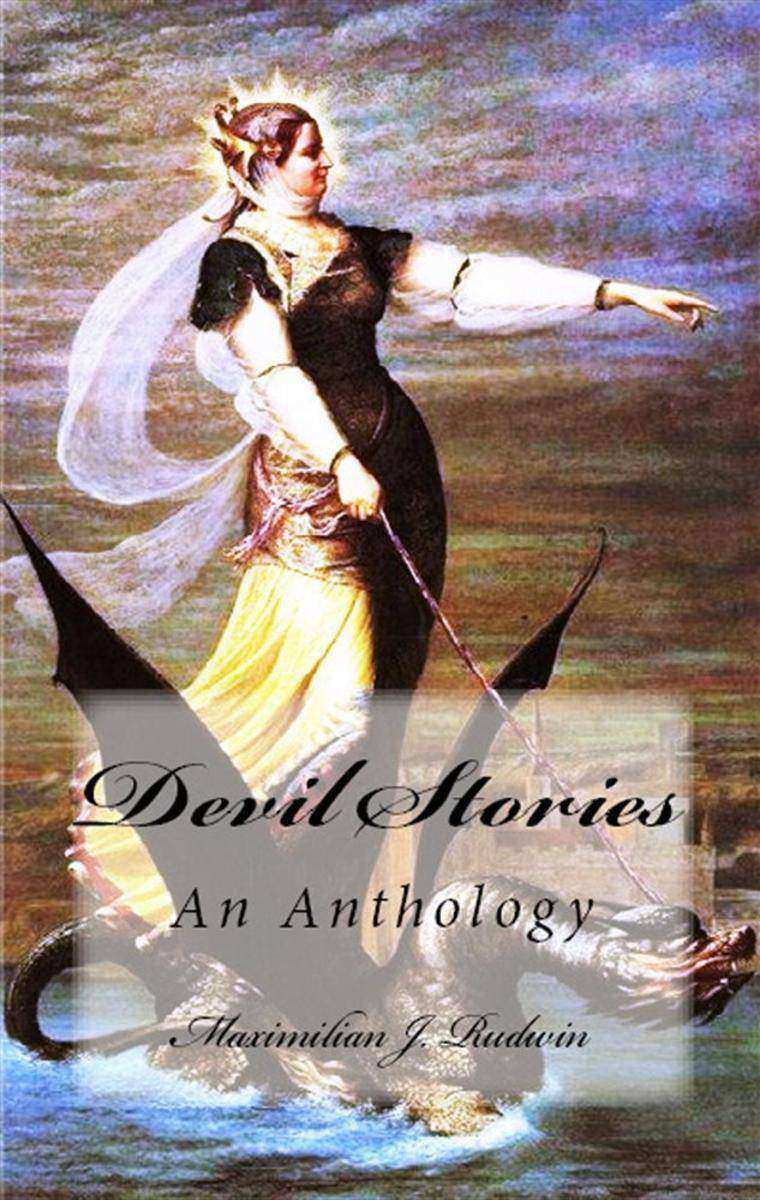
Devil Stories: An Anthology
¥28.61
Monkey Nuts was written in the year 1922 by David Herbert Lawrence. This book is one of the most popular novels of David Herbert Lawrence, and has been translated into several other languages around the world.This book is published by Booklassic which brings young readers closer to classic literature globally.
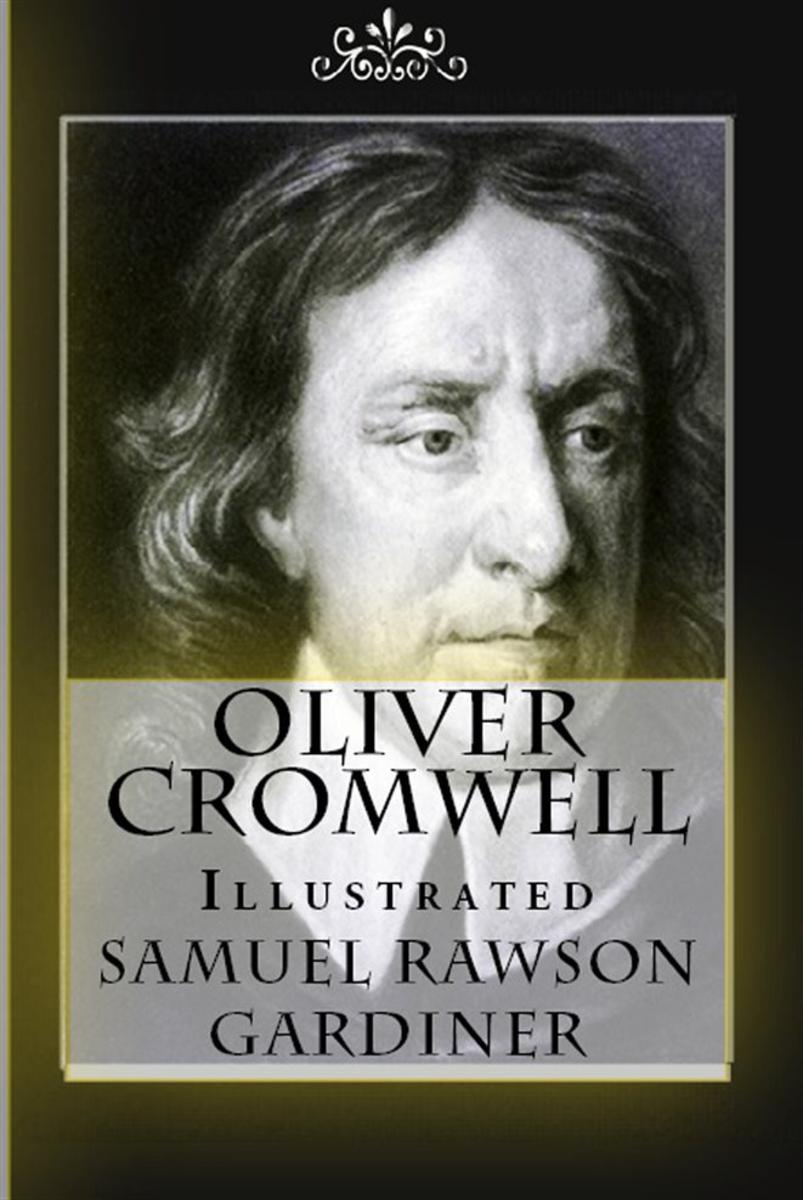
Oliver Cromwell
¥28.61
Fanny And Annie was written in the year 1921 by David Herbert Lawrence. This book is one of the most popular novels of David Herbert Lawrence, and has been translated into several other languages around the world.This book is published by Booklassic which brings young readers closer to classic literature globally.

Учебник по выживанию в экстремальных ситуациях
¥17.99
Жасмин, двадцатичетырехлетняя красавица-американка, приезжает в Англию на Рождество погостить у родственников. Герцог Харли подарил ей жеребца, и она решает прокатится верхом. Но из-за разыгравшейся метели ее едва не сбивает машина, за рулем которой сидел граф Сомертон. Через некоторое время, волею судьбы, Жасмин опять встретится с графом, который приютит ее в своем замке после падения с лошади… Эта встреча навсегда изменит их жизнь и подарит им настоящую любовь… Zhasmin, dvadcatichetyrehletnjaja krasavica-amerikanka, priezzhaet v Angliju na Rozhdestvo pogostit' u rodstvennikov. Gercog Harli podaril ej zherebca, i ona reshaet prokatitsja verhom. No iz-za razygravshejsja meteli ee edva ne sbivaet mashina, za rulem kotoroj sidel graf Somerton. Cherez nekotoroe vremja, voleju sud'by, Zhasmin opjat' vstretitsja s grafom, kotoryj prijutit ee v svoem zamke posle padenija s loshadi… Jeta vstrecha navsegda izmenit ih zhizn' i podarit im nastojashhuju ljubov'…
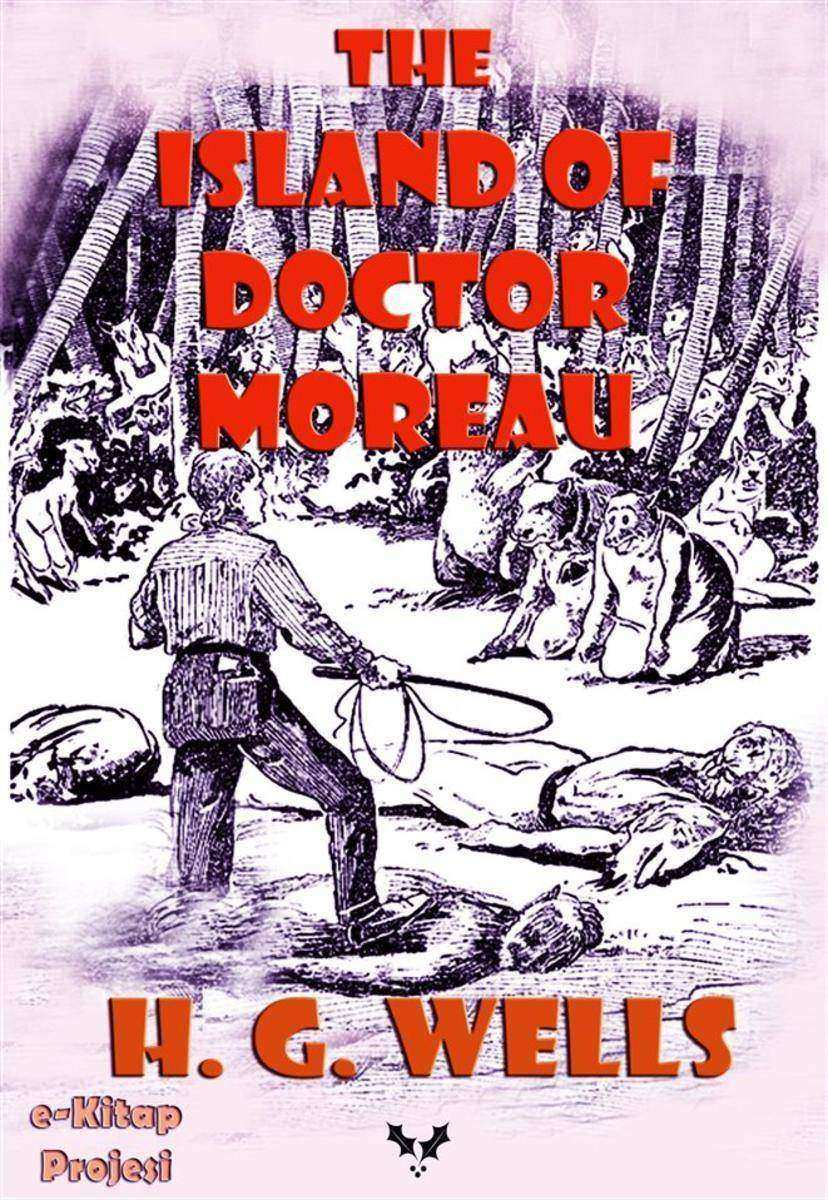
The Island of Doctor Moreau: "Illustrated"
¥9.24
Once upon a time there was an old Sow with three little Pigs, and as she had not enough to keep them, she sent them out to seek their fortune. The first that went off met a Man with a bundle of straw, and said to him, "Please, Man, give me that straw to build me a house"; which the Man did, and the little Pig built a house with it. Presently came along a Wolf, and knocked at the door, and said, "Little Pig, little Pig, let me come in." To which the Pig answered, "No, no, by the hair of my chinny chin chin."

Gyereknevelés hatalmi harcok nélkül
¥58.29
"Leny?g?z?" - Publishers Weekly "Lehetetlen letenni"?- BookPage New York Times bestseller szerz? Mit kaphatsz egy gyilkos apától? A 33 éves Sara Gallagher végre boldog. Antik bútorokat árusító kereskedése szárnyal, ?t pedig eljegyezte egy fantasztikus férfi. Egy kérdés azonban nem hagyja nyugodni: ?vajon kik az igazi szülei? Sara felkészült, hogy megtudja. Kiderül, édesanyja még most sem kíváncsi rá. Kés?bb arra is ráj?n, hogy a biológiai apja gyilkos, aki 40 éven át n?kre vadászott. Sarának Nadine, a terapeutája segít feldolgozni a borzalmakat, és azt, hogy talán mást is ?r?k?lt apjától, nem csak a szeme színét. Sara hamarosan rád?bben, egyetlen ?rosszabb dolog van annál, hogy az apád egy gyilkos: az, ha az apád megtudja, te ki vagy. Néhány kérdés jobb, ha megválaszolatlanul marad. A "Végzetes ?r?kség" egy ?sszetett és leny?g?z? t?rténet egy n?r?l, aki a gy?kereit szeretné megismerni. Kérdés, hogy megéri-e...

Paradise Lost
¥18.74
Suddenly, Honath lost his temper. "Lose it, then!" he shouted. "Let us unlearn everything we know only by rote, go back to the beginning, learn all over again, and continue to learn, from our own experience. Spokesman, you are an old man, but there are still some of us who haven't forgotten what curiosity means!" "Quiet!" the Spokesman said. "We have heard enough. We call on Alaskon the Navigator.""Much of the Book is clearly untrue," Alaskon said flatly, rising. "As a handbook of small trades it has served us well. As a guide to how the universe is made, it is nonsense, in my opinion; Honath is too kind to it. I've made no secret of what I think, and I still think it." "And will pay for it," the Spokesman said, blinking slowly down at Alaskon. "Charl the Reader.""Nothing," Charl said, without standing, or even looking up."You do not deny the charges?""I've nothing to say," Charl said, but then, abruptly, his head jerked up, and he glared with desperate eyes at the Spokesman. "I can read, Spokesman. I have seen words in the Book of Laws that contradict each other. I've pointed them out. They're facts, they exist on the pages. I've taught nothing, told no lies, preached no unbelief. I've pointed to the facts. That's all.""Seth the Needlesmith, you may speak now." The guards took their hands gratefully off Seth's mouth; they had been bitten several times in the process of keeping him quiet up to now. Seth resumed shouting at once."I'm no part of this group! I'm the victim of gossip, envious neighbors, smiths jealous of my skill and my custom! No man can say worse of me than that I sold needles to this pursemaker—sold them in good faith! The charges against me are lies, all lies!" Honath jumped to his feet in fury, and then sat down again, choking back the answering shout almost without tasting its bitterness. What did it matter? Why should he bear witness against the young man? It would not help the others, and if Seth wanted to lie his way out of Hell, he might as well be given the chance.The Spokesman was looking down at Seth with the identical expression of outraged disbelief which he had first bent upon Honath. "Who was it cut the blasphemies into the hardwood tree, by the house of Hosi the Lawgiver?" he demanded. "Sharp needles were at work there, and there are witnesses to say that your hands held them.""More lies!"

Az ?r?k?s
¥51.50
Abban semmi meglep? nincs, hogy Agatha Raisint, ?a merész magándetektívet ismét hatalmába keríti a romantikus lángolás, ám annál megh?kkent?bb, hogy milyen hamar és kegyetlenül oltja ki e lángot ?a sors – vagy ta lán egy ?rült gonosztev?? George Marston, a szédít?en jókép? kertész ígéretével ellentétben nem jelenik meg a bálon, amelyet Agatha épp az ? meghódítása céljából szervez. Amikor a nyomozó a férfi keresésére indul, borzalmas b?nténybe botlik, amelynek kegyetlensége felülmúlja minden eddigi esetét. Agatha Raisin és kis csapata munkába lendül, de csakhamar kiderül, hogy az imádott George nem volt épp szentélet? ember: Carselyben tucatjával hódította a h?lgyeket, de furcsamód nem a fiatal és szép n?stények k?z?tt vadászott. Agatha a kérdez?sk?déssel magára is haragítja a lakosokat, olyannyira, hogy a gyanút is igyekeznek ráterelni: miért ne k?vethette volna el féltékenységében ? maga a sz?rny? tettet? A falubéli n?k sorából igencsak kilóg a hétvégenként Carselyben pihen? gy?ny?r?séges szappanoperasztár, aki még Agatha beosztottja, az ifjú Simon eszét is elveszi. Simon rajongása kis híján végzetes k?vetkezményekkel jár, ám végül épp a végzetet el?zi meg a fiatal nyomozó hevessége. ? Nagyon szeretem a krimit, Agatha Raisin nyomozásai pedig mindig felüdítenek. Intrikák, gonosz férfiak, még véletlenül sem ?szinte asszonyok, párkapcsolati viszonyok mozgatta t?rténetsz?vés és néhány oldalanként egy nagy nevetés. Pont erre van szükségünk.? Fej?s ?va ?

Az utolsó nap
¥70.80
A világsiker? írón? 11. magyarul megjelen? regénye. Egy újabb csavaros, p?rg?s t?rténet, tele vicces csattanókkal. Lily Harper élete ?r?kre megváltozik a 25. születésnapján. A lány els? tennivalója aznap reggel, hogy felbontsa az imádott, elhunyt édesanyjától kapott levelet. ?vek óta mindig várja ?t egy el?re megírt szülinapi levél, de ez most az utolsó. A boríték egy kül?nleges ajándékot rejt: azt a kark?t?t, amelyet Lily édesanyja még az els? szerelmét?l kapott. Vajon ki a férfi? ?s miért fontos, hogy Lily meg?r?k?lje ezt a látszólag egyszer? ékszert? A nap egy másik bombameglepetéssel folytatódik. Lily megismerkedik Eddie Tesslerrel, az elképeszt?en sármos és híres színésszel. Vigyázat, a hapsi életben még szexibb, mint a filmvásznon! ?s a nap még nem érvéget… Jill Mansell az egyik legnépszer?bb angol írón?. M?veit eddig t?bb, mint 10 millió példányban adták el a világban. Magyarul megjelent k?tetei: Szerepcsere, Az els? az utolsó?, ?jrakezdés, Szólóban, Miranda nagy tévedése, Vegyespáros, Titkok k?zt, Nem z?r?g a haraszt, Ebb?l szerelem lesz, Van az a pénz?
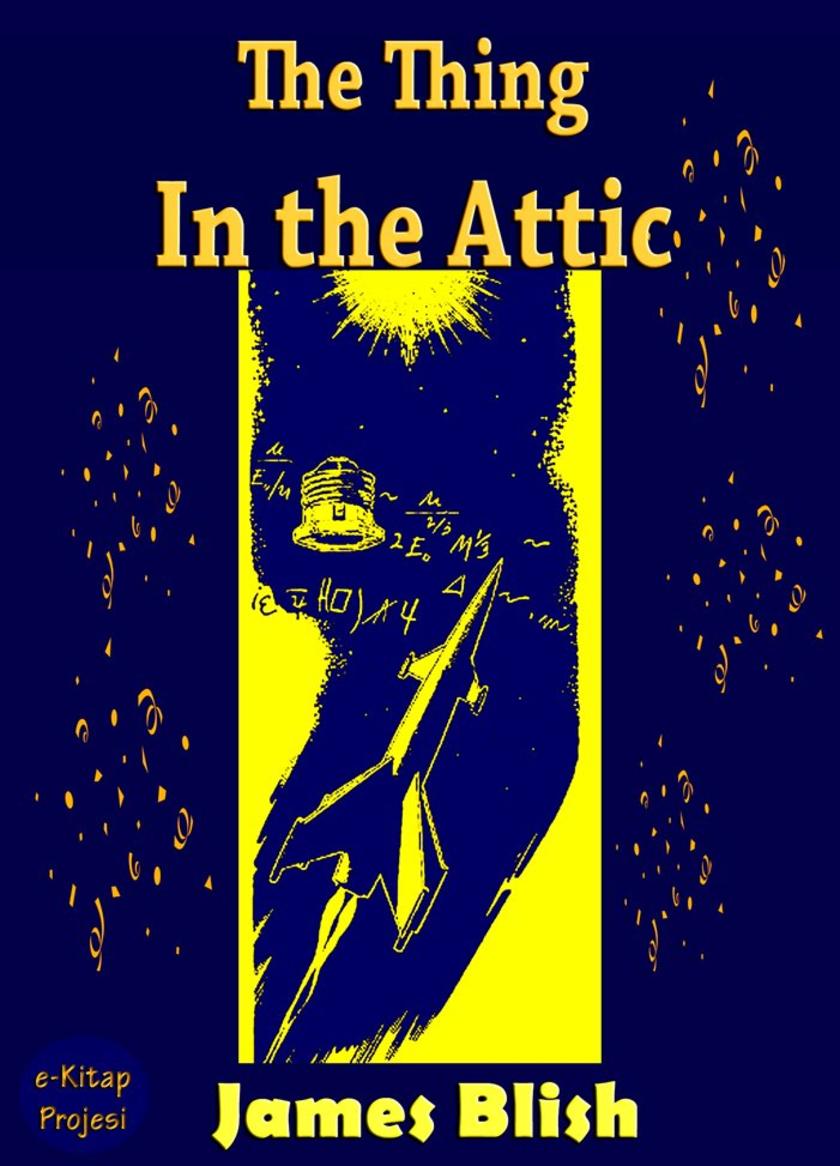
The Thing in the Attic
¥9.24
The first published novel by Leo Tolstoy released in November 1852. It is the first in a series of three novels and is followed by Boyhood and Youth. Published when Tolstoy was just twenty-three years old, the book was an immediate success, earning notice from other Russian novelists including Ivan Turgenev, who heralded the young Tolstoy as a major up-and-coming figure in Russian literature. Well-worth reading if you are interested in 19th century literature. Count Lev Nikolayevich Tolstoy (1828 – 1910), usually referred to in English as Leo Tolstoy, was a Russian novelist today regarded as one of the greatest of all time. He is best known for War and Peace (1869) and Anna Karenina (1877). He first achieved literary acclaim in his 20s with his semi-autobiographical trilogy, Childhood, Boyhood, and Youth (1852–1856), and Sevastopol Sketches (1855), based upon his experiences in the Crimean War. Tolstoy's fiction includes dozens of short stories and several novellas such as The Death of Ivan Ilyich, Family Happiness, and Hadji Murad. He also wrote plays and numerous philosophical essays. In the 1870s Tolstoy experienced a profound moral crisis, followed by what he regarded as an equally profound spiritual awakening. His literal interpretation of the ethical teachings of Jesus, centering on the Sermon on the Mount, caused him to become a fervent Christian anarchist and pacifist. His new-found asceticism and determination to renounce his considerable wealth tipped his marriage into bitter turmoil, which continued right up to his death at the age of 82 in the waiting room of an, until then, obscure Russian railway station. Tolstoy's ideas on nonviolent resistance, expressed in such works as The Kingdom of God Is Within You, were to have a profound impact on such pivotal 20th-century figures as Mohandas Gandhi, Martin Luther King, Jr., and James Bevel.

Towards Morning
¥7.93
Ambrose Young nagyon szép volt – olyan szép, mint a romantikus regények borítóin látható férfiak. Ezt Fern Taylor is tudta, hiszen tizenhárom éves kora óta falta ezeket a k?nyveket. ?s mivel Ambrose Young ennyire szép volt, Fernnek meg sem fordult a fejében, hogy valaha is ?vé lehet a férfi… egészen addig, amíg Ambrose Young már nem volt szép t?bbé. Az Arctalan szerelem egy kisváros t?rténete, ahonnan ?t fiatalember indul el a háborúba, de k?zülük csak egy tér vissza. Az Arctalan szerelem a gyász t?rténete: a k?z?s gyászé, az egyéni gyászé, a szépség, az élet és az ?nazonosság elvesztése f?l?tti gyászé. Az Arctalan szerelem egy lány szerelmének a t?rténete, amit egy megt?rt fiú iránt érez, és egy sebesült harcosé, akit ez az érzés egy hétk?znapi lányhoz f?z. Az Arctalan szerelem a vigasztaló barátság t?rténete, a rendkívüli h?siességé, és egy olyan, modern A szépség és a sz?rnyeteg-mese, amely megmutatja, hogy mindannyiunkban megtalálható egy kicsi a szépségb?l, és egy kicsi a sz?rnyetegb?l is.
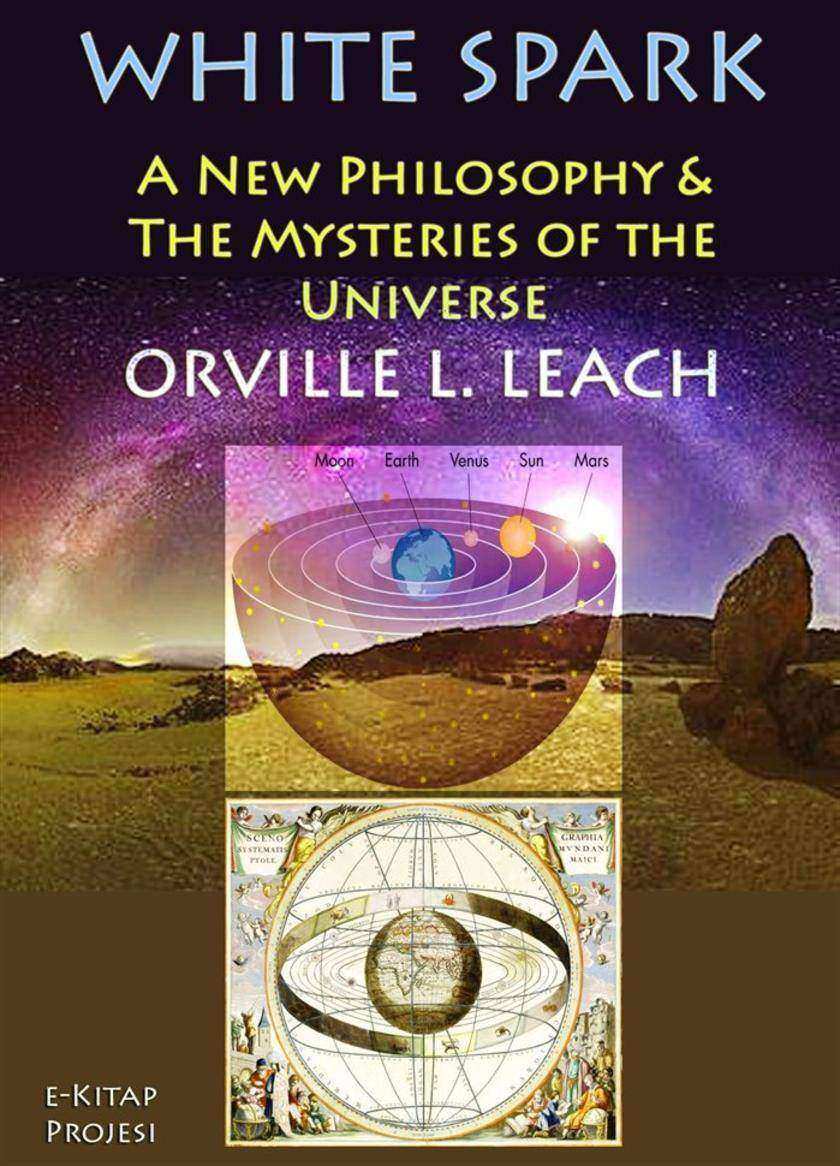
White Spark: "A New Philosophy and the Mysteries of the Universe"
¥28.04
Aaron's Rod was written in the year 1922 by David Herbert Lawrence. This book is one of the most popular novels of David Herbert Lawrence, and has been translated into several other languages around the world.This book is published by Booklassic which brings young readers closer to classic literature globally.
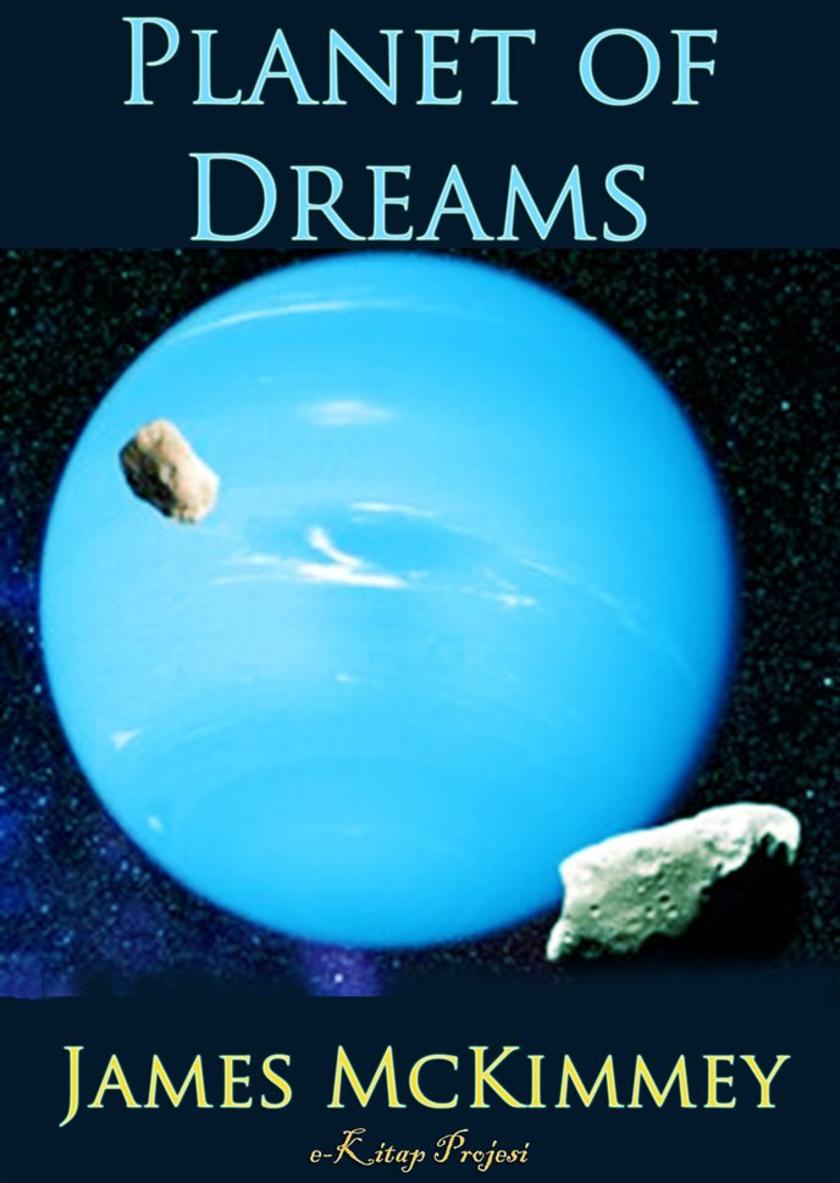
Planet of Dreams
¥4.58
Strumming a harp while floating on a white cloud might be Paradise for some people, but it would bore others stiff. Given an unlimited chance to choose your ideal world, what would you specify—palaces or log cabins? I'll take beer, son, and thanks again for the offer. As you can see, I'm kinda down on my luck. I know what you're thinking, but I'm not really on the bum. I usually make out all right—nothing fancy, mind you, but it's a living. Odd jobs in the winter and spring, follow the harvests in the summer and fall. Things are slack right now.You? Electronics, huh? Used to know a fellow in electronics.... His name was Joe Shannon, used to work for Stellar Electric up in Fremont. Young fellow, not more'n twenty-five or so. Rail thin, wispy hair, serious look—you know, the one suit, absent-minded type. Joe was a brain. A triple-A, gold-plated, genuine genius. Had a wife named Marge. Not beautiful but pretty and a nice figure and a cook you never saw the likes of. Like I say, she was married to Joe but Joe was married to his work and after you'd been around a while, you could tell there was friction. But that ain't the beginning.




 购物车
购物车 个人中心
个人中心



